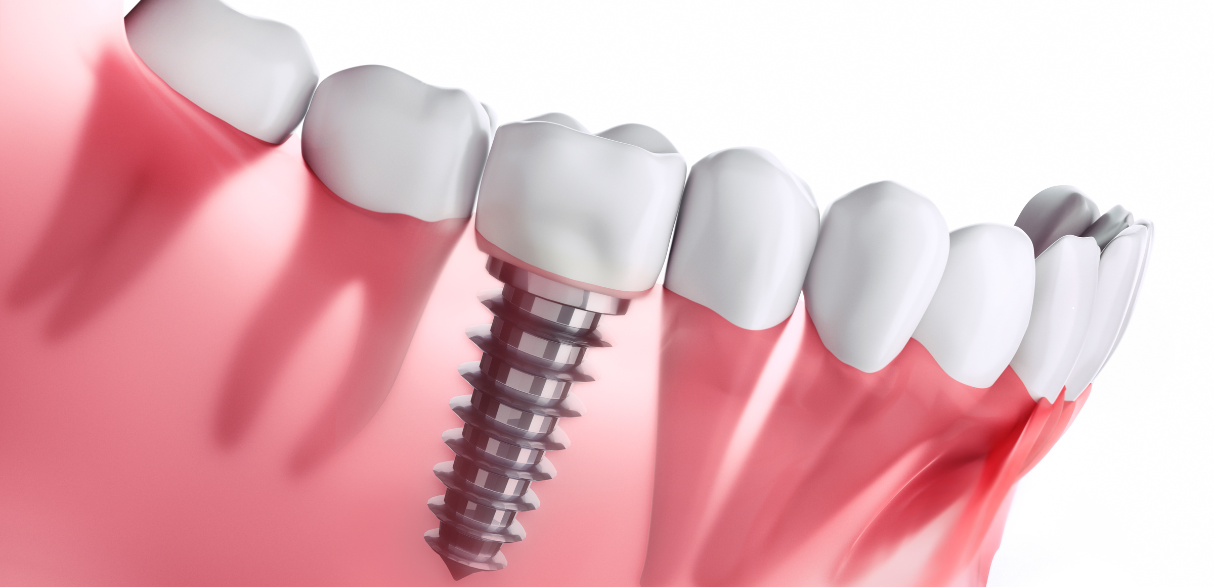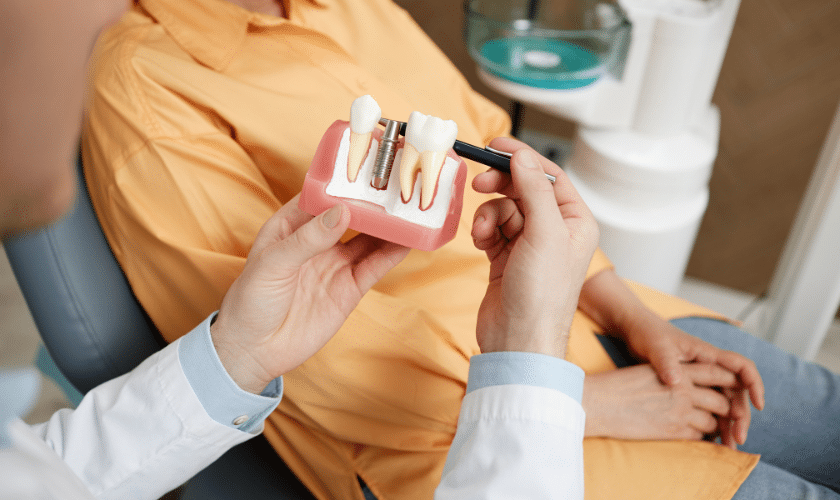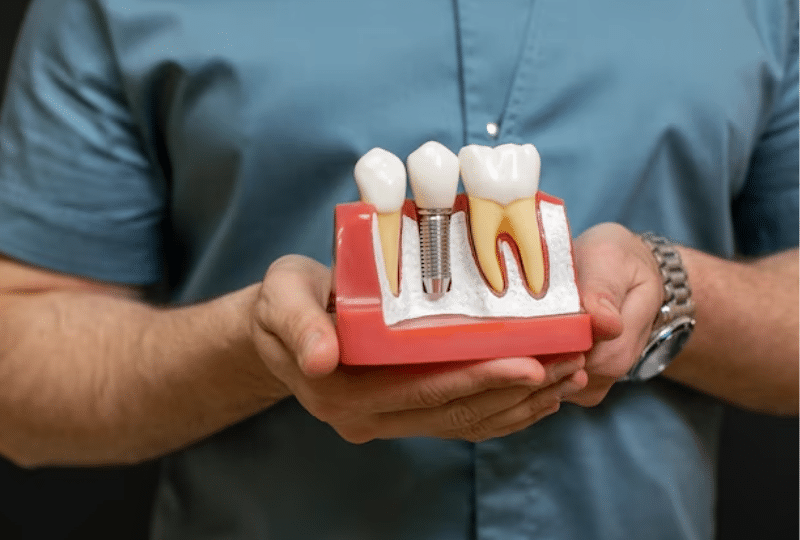
Dental implants are one of the most effective solutions for replacing missing teeth. However, their success depends on several factors, with bone health playing a critical role. For a dental implant to be successful, the surrounding jawbone must be strong and healthy. In this blog, we will understand why bone health is so important for dental implants and what you can do to ensure the best possible outcome.
What Are Dental Implants?
Dental implants in Los Angeles are titanium posts that replace the original roots of missing teeth. They are surgically placed into the jawbone, where they fuse with the bone in a process called osseointegration. Once the implant is securely integrated into the bone, a crown, bridge, or denture is placed on top, restoring the function and appearance of the tooth. This process provides a durable, natural-looking replacement for missing teeth.
The Role of Bone in Dental Implants
Bone health is essential for the success of dental implants. When you lose a tooth, the jawbone beneath it can deteriorate. This is because the pressure from chewing and biting is no longer applied to the bone, which causes it to lose density and volume. Without sufficient bone, an implant cannot correctly integrate and remain stable.
The jawbone must be strong enough to support the titanium post for dental implants to work effectively. If the bone is too weak or thin, the implant may fail to fuse with the bone, leading to instability and complications.
Why Bone Density Matters for Dental Implants?
Bone density refers to the amount of bone mass in a specific area. High bone density ensures the dental implant has enough support for long-term success. Dense bone provides the stability necessary for osseointegration, which typically takes several months. Healthy bone tissue promotes a secure bond between the implant and the jawbone.
However, if the bone density is low, it may not provide adequate support for the implant. In such cases, the implant may become loose or fail to integrate, leading to complications and the potential need for further procedures.
What Happens If You Have Insufficient Bone?
If you have insufficient bone, a dental implant may not be a viable option initially. In these cases, your dentist may recommend a bone graft. A bone graft is a surgical procedure where bone material is added to the jaw to restore density and volume. Over time, the grafted bone fuses with your natural bone, making it possible to place a dental implant.
There are several types of bone grafts, including autografts (bone taken from another part of your body), allografts (donor bone), and synthetic grafts. The type of graft chosen depends on the amount of bone loss and your specific needs.
How to Maintain Healthy Bone for Dental Implants?
Maintaining healthy bone is essential for the success of dental implants. Here are some ways you can promote bone health:
- Proper Nutrition: A diet rich in calcium and vitamin D helps strengthen bones. Foods like dairy products, leafy greens, and fatty fish are excellent choices for bone health.
- Exercise: Regular weight-bearing exercises like walking and running help stimulate bone growth and maintain density.
- Good Oral Hygiene: Brushing and flossing regularly prevents gum disease, which can lead to bone loss. Make sure to visit your dentist regularly for check-ups and cleanings.
- Avoid Smoking: Smoking can impair blood flow to the gums and bone, slowing down healing and increasing the risk of implant failure.
Bone Grafting for Dental Implants
If you have experienced significant bone loss, a bone graft may be required before dental implants can be placed. This procedure helps to rebuild the lost bone and prepare the jaw for the implant. Your dentist will assess the condition of your jawbone and discuss the best approach to restore bone volume.
Bone grafting may take several months to fully heal, after which you can proceed with dental implants. While this adds additional time to the process, it increases the likelihood of a successful and stable implant.
Bone Health and Successful Dental Implants
Bone health plays a pivotal role in the success of dental implants. Strong, healthy bone provides the stability and support needed for the implant to integrate correctly. If you have lost bone density, procedures like bone grafting can help restore it, allowing for a successful implant placement. Maintaining a healthy lifestyle, practicing good oral hygiene, and consulting your dentist about bone health is crucial to ensure the best outcome. By focusing on your bone health, you can enjoy the long-term benefits of a successful dental implant.


